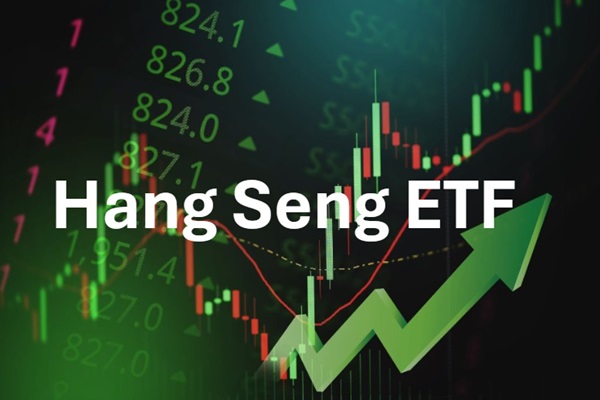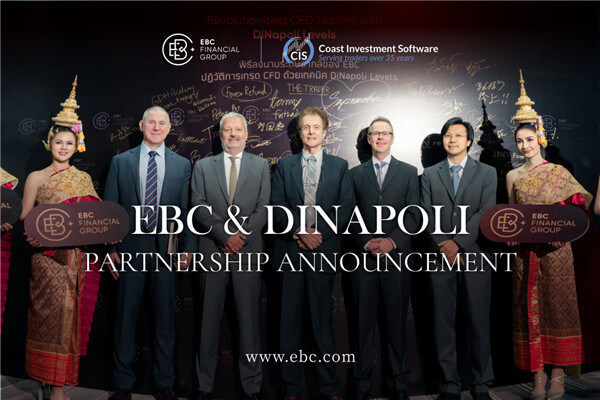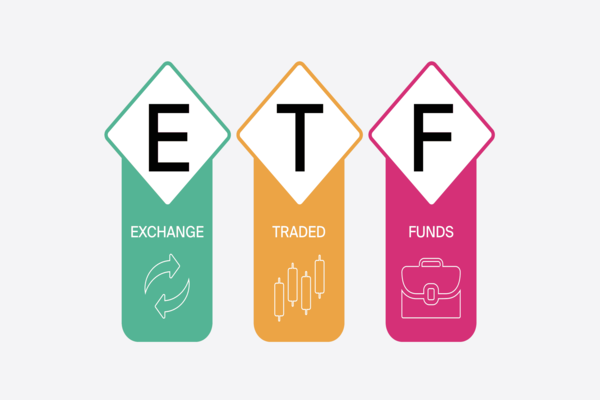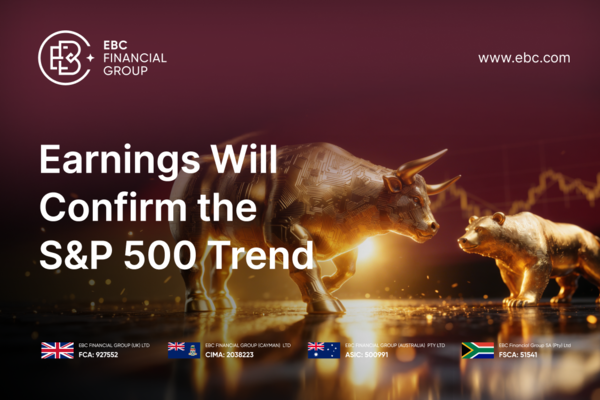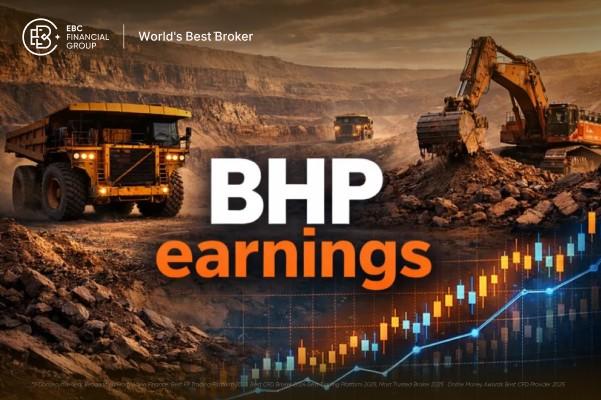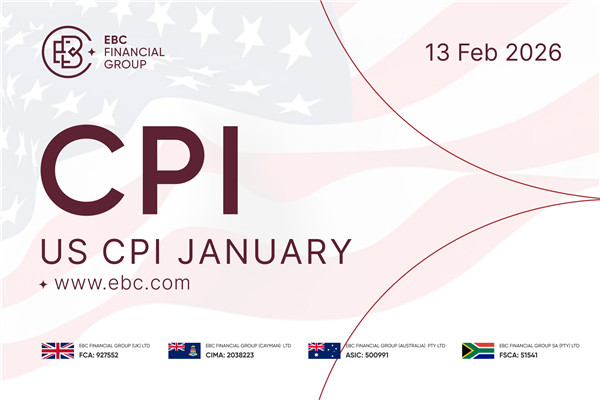Investing in the Hang Seng ETF isn't just about following Hong Kong's stock market—it's about understanding how this tool can support your long-term goals. Whether you're a cautious trader looking for exposure to Asian markets or someone simply exploring new options, Hang Seng ETFs can offer a flexible and relatively low-cost way to diversify. But where do you begin? And how do you make it work in your favour?
Aligning Hang Seng ETFs with Investment Goals
Before diving into any investment, it's worth pausing to think about your broader financial goals. Are you investing for growth over the long term, or are you looking for regular income? Do you have a high tolerance for market ups and downs, or are you more conservative?
Hang Seng ETFs typically track the Hang Seng Index, which represents the largest companies listed on the Hong Kong Stock Exchange. That means you're getting exposure to a diverse mix of banks, tech giants, property firms, and consumer brands. For many traders, this makes the Hang Seng ETF a useful component in a global portfolio—especially if you're seeking to diversify beyond Western markets.
Because these ETFs are traded like regular shares, they're flexible enough to suit different investment styles. For long-term traders, they can provide solid regional exposure. For those more focused on income, dividend-oriented options (such as high-yield Hang Seng ETFs) may also align well.
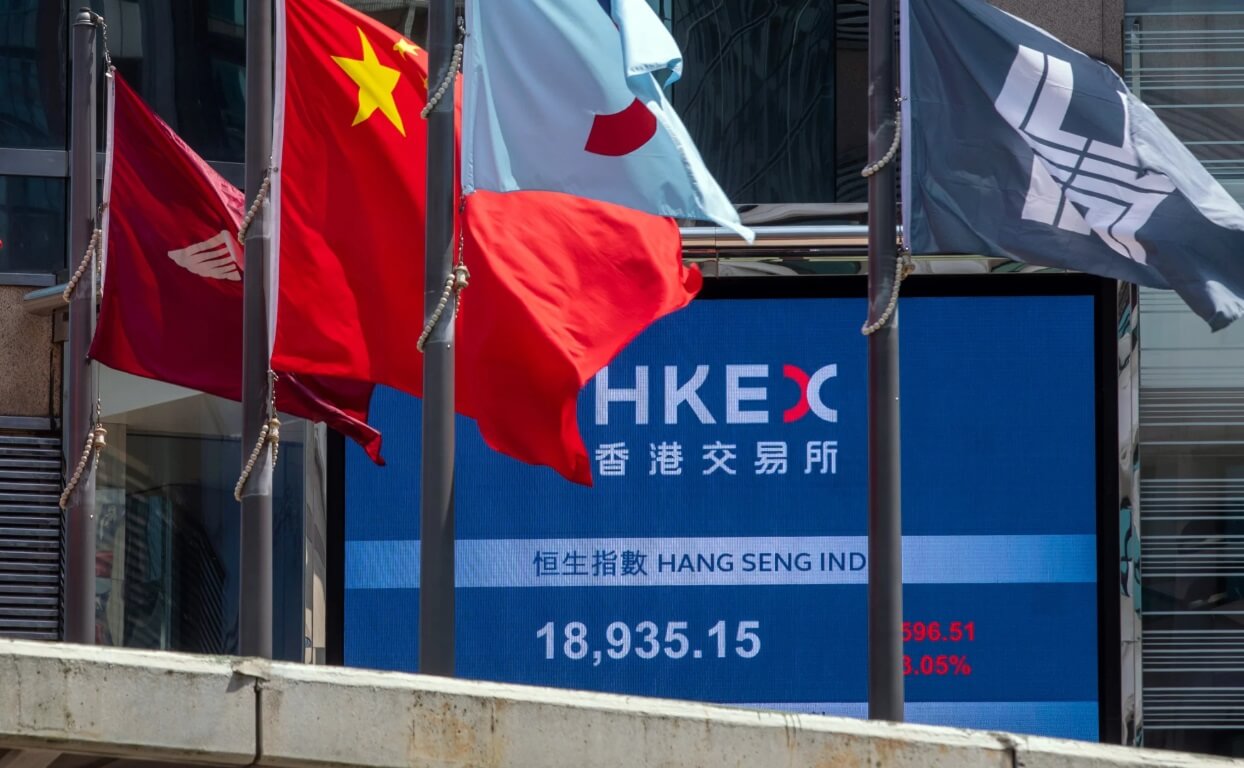
Comparing Hang Seng ETFs with Other Regional ETFs
It's easy to assume all Asia-focused ETFs are the same—but they're not. Hang Seng ETFs are specific to Hong Kong's largest listed companies. In contrast, something like the iShares MSCI Hong Kong ETF (EWH) includes a broader range of Hong Kong companies, and ETFs such as the Franklin FTSE Hong Kong ETF (FLHK) might differ in terms of weighting and stock selection.
You might also compare them with broader Asia-Pacific ETFs that include markets like Japan, South Korea or Singapore. What makes Hang Seng ETFs unique is their deep focus on Hong Kong, which acts as a bridge between the East and West—especially given its ties with mainland China.
So, why choose Hang Seng over broader Asia? If you're optimistic about Hong Kong's recovery, believe in the resilience of its financial and real estate sectors, or want exposure to companies that benefit from China's growth without investing directly in mainland firms, then a Hang Seng ETF could be a more targeted bet.
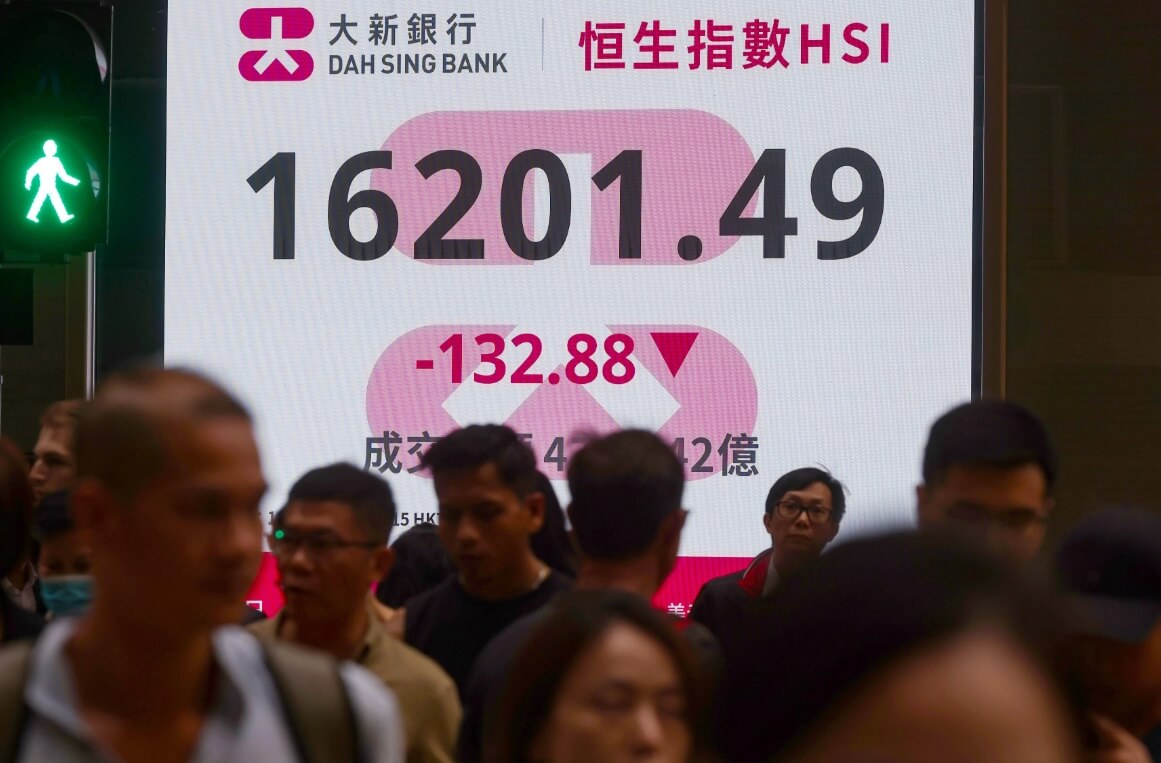
Timing the Market: When to Invest in Hang Seng ETFs
Timing the market is never easy—and for most people, it's not even necessary. But being aware of the broader market environment can still make a difference.
Hang Seng ETFs can be sensitive to a mix of global and regional factors: interest rate shifts, geopolitical tensions, Chinese economic data, and even trader sentiment in global markets. For example, news from the U.S. Federal Reserve or economic slowdowns in China can send ripples through the Hong Kong market. In recent years, political developments and policy shifts from Beijing have also played a role in trader confidence.
Rather than trying to predict every twist and turn, many traders take a gradual approach—known as "dollar-cost averaging"—investing fixed amounts at regular intervals. This can smooth out the impact of short-term volatility and help build a position over time.
Still, keeping an eye on key moments—such as post-correction rebounds, policy announcements, or significant earnings seasons—can help you identify potentially favourable entry points.
Tax Considerations and Regulatory Factors
Another key factor in choosing any investment is understanding the tax implications. For Hong Kong residents, dividends from Hang Seng ETFs are typically not taxed. However, for international traders, this varies.
In the UK, for instance, any dividends you receive may be subject to income tax depending on your tax band. Gains from selling your ETF holdings at a profit could also be subject to Capital Gains Tax if they exceed your annual allowance. The good news is that if you're investing through a tax-advantaged account, such as a Stocks and Shares ISA, these tax concerns may be avoided entirely.
From a regulatory perspective, Hang Seng ETFs are considered fairly transparent and well-structured. Many are managed by established providers like iShares, and follow clear index rules. Still, it's wise to read the fund's documentation to understand things like liquidity, fund size, and any specific exclusions or weighting caps.
Future Outlook for Hang Seng ETFs
What lies ahead for Hang Seng ETFs depends largely on Hong Kong's economic performance and the broader trends shaping Asia's financial landscape.
After a few challenging years marked by Covid-19 disruptions and political uncertainty, some analysts believe the Hang Seng Index may be poised for a rebound, especially if China stimulates its economy or if trader confidence improves. Tech and finance remain key sectors to watch, along with real estate, which plays a significant role in the index.
Additionally, there's increasing interest in ESG (Environmental, Social, and Governance) factors. Some newer ETFs now track ESG-adjusted versions of the Hang Seng Index, which could appeal to sustainability-minded traders.
Overall, Hang Seng ETFs offer an accessible and flexible way to gain exposure to one of Asia's most dynamic markets. While no investment is without risk, building a strategy around these ETFs—rooted in your goals, risk appetite, and market awareness—can provide valuable long-term opportunities.
Disclaimer: This material is for general information purposes only and is not intended as (and should not be considered to be) financial, investment or other advice on which reliance should be placed. No opinion given in the material constitutes a recommendation by EBC or the author that any particular investment, security, transaction or investment strategy is suitable for any specific person.
